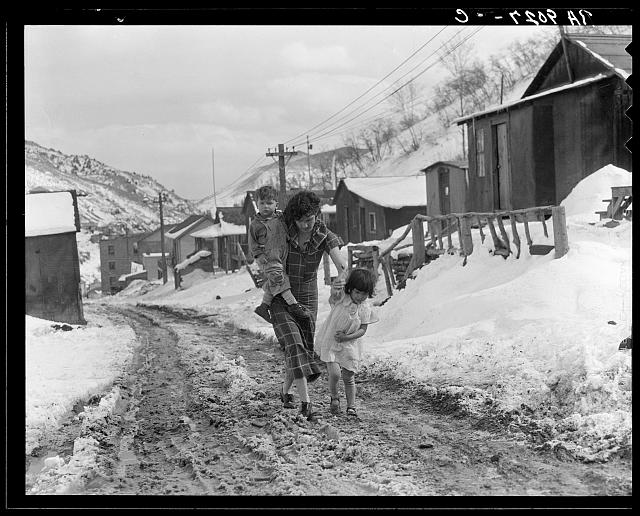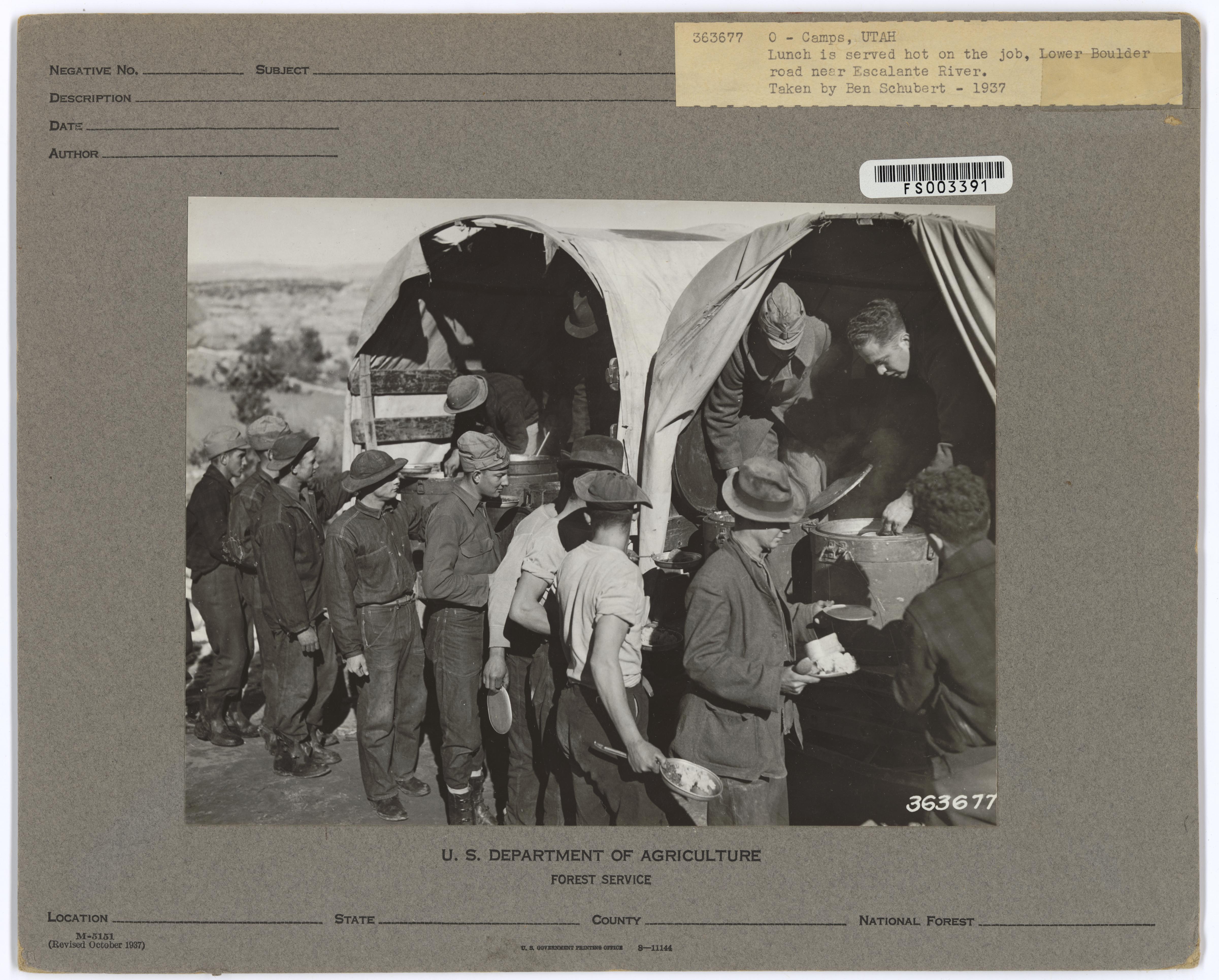Take Care of Yourself, Take Care of Others
Mental health and wellness are at the top of everyone’s minds during these difficult times. I’d like to offer some tips for taking care of yourself as well as others.
It’s okay to have emotions.
Ignoring emotions provides quick relief. However, if you continue to ignore them, they can fester and spiral into something bigger. It is completely normal to experience difficult and unpleasant emotions – it’s part of being human. Accepting unpleasant emotions, without judgment can help you cope with difficult emotions. Often when you are critical of yourself for feeling normal human emotions, such as fear and anxiety or sadness, that adds another layer of negativity, contributing to further suffering. Pay attention to your feelings and use them as a source of information. Your emotions shouldn’t run your life, but they are telling you something important. Figure out what that is. When you know what that is, oftentimes, it will give you new insight or a new direction.
It can also be helpful to have a healthy emotional outlet for difficult feelings, such as creating art or writing. Even just talking about your emotions can help you process them or put them in perspective.
- These Mental Health videos created by the Utah COVID-19 Community Task Force provide a brief overview: https://www.youtube.com/playlist?list=PLa8O8Iicbk0t_QJvkhwW2iP6NOH4PU7qP
- Intermountain Healthcare recently announced a no-cost Emotional Health Relief hotline. Support is available 10am to 10pm 7 days per week: 833-442-2211.
Consider history.
Thinking about the “bigger picture” as well as your own personal history can help to put this current public health emergency in perspective.
 - Reflect on local, American and World history. Since it
- Reflect on local, American and World history. Since it  became clear this pandemic would significantly alter day-to-day life, as well as our
economy, I have started looking into other difficult times in our history to see what
I can learn. Reviewing pictures in the National Archives from the Great Depression
and even reading old documents to help gain perspective of what we could be facing.
For example, Utah was one of the states that was severely affected by the Great Depression,
with an unemployment rate of 36% (4th in the nation) in 1933. The photo of the woman and her children walking down the
muddy, snowy street in Price in 1936, helps me to appreciate the hardship our ancestors
survived and even thrived. The second photo, taken in 1937 near the Escalante River,
of men who volunteered for the Civilian Conservation Corps, provided jobs for nearly
3 million men across the country during a significant hardship in our country.
became clear this pandemic would significantly alter day-to-day life, as well as our
economy, I have started looking into other difficult times in our history to see what
I can learn. Reviewing pictures in the National Archives from the Great Depression
and even reading old documents to help gain perspective of what we could be facing.
For example, Utah was one of the states that was severely affected by the Great Depression,
with an unemployment rate of 36% (4th in the nation) in 1933. The photo of the woman and her children walking down the
muddy, snowy street in Price in 1936, helps me to appreciate the hardship our ancestors
survived and even thrived. The second photo, taken in 1937 near the Escalante River,
of men who volunteered for the Civilian Conservation Corps, provided jobs for nearly
3 million men across the country during a significant hardship in our country.
- Over the past 100 years, we have seen the Spanish Flu, Polio, measles, and many other diseases. We’ve seen fewer and fewer outbreaks with the advancement of medicine and personal hygiene. There are many brilliant physicians and scientists working on this problem as you read this. You can contribute to reducing the spread of COVID-19 by practicing good hand hygiene (washing your hands for at least 20 seconds, using hand sanitizer) and maintaining social distance.
- Spend time reflecting on the difficult times that you have come through stronger or learned something from, or even just survived. Those difficult experiences have given you strength, knowledge, or grit to cope with what lies ahead. Every time you survive something difficult you build your resilience for coping with hard things in the future. Consider reading through old journals, if you have them, writing your life experiences, or calling a grandchild or old friend to tell them a story from your life.
Stop the downward spiral.
Catastrophizing, or what I like to call the downward spiral, can be adaptive at times – but it cannot be maintained over months. When we are under threat, our brains take short-cuts. These shortcuts can help us react quickly when we are responding in an emergency. However, these shortcuts over time can give us a “worst case scenario” view of the world that can worsen symptoms of anxiety and depression.
When you start to worry about how the current pandemic will affect the future and society – change your focus – instead of obsessing over the news, consider a way to help your local community. There are several ways you can help:
- Check out the Utah Commission on Service and Volunteerism (https://userve.utah.gov/emergency-response/), there are many ways to contribute to your local community by donating money, supplies, and volunteering.
- AARP Create the Good offers home and remote volunteer opportunities: https://createthegood.aarp.org/
- Donate blood. Contact the Red Cross, ARUP, or your local blood donation center for more information.
- Support local restaurants and those who serve you: https://downtownslc.org/TipYourServer
- The Utah Food Bank (https://www.utahfoodbank.org/give-time/) has several volunteer opportunities from delivering food boxes to decorating them.
If the downward spiral continues.
If you are in crisis or having thoughts of suicide, there are several ways to get in immediate contact with someone:
- The National Crisis Line – 1-800-273-8255
- The National Crisis Line for deaf and hard of hearing – 1-800-799-4889
- Online chat - https://suicidepreventionlifeline.org/ - click the blue ‘CHAT’ box in the right hand corner.
- The Utah Suicide Prevention Coalition has a website that provides methods to cope with thoughts of suicide, options for how to reach out, and resources if you have attempted suicide or have had a friend or loved one die by suicide. https://utahsuicideprevention.org/
Find a time and a place for the news.
Schedule news time and stick to it. Stay informed, but don’t spend hours consuming information or even passively taking it in, such as having the news on in the background while you’re doing other things. Limit information to 1 to 2 hours a day. For example, start your day by reading the print news, then take a break until the evening local news. Otherwise – stop it! The goal of cable news is to excite you, entice you and keep you tuned in because that means bigger advertising dollars for them. Also, turn off notifications on your smart devices. They are invasive and will interrupt you and your day.
- Consider subscribing to your local paper. Oftentimes, your local paper employs people living in your community who are seeking out stories that matter to your community.
- https://coronavirus.utah.gov/ offers daily updates regarding case counts, as well as resources covering child care, business, and unemployment.
Do something for your mind (and body).
Consider both complex and simple ways to have fun and distract your mind.
- Learn something new: (https://www.edx.org/) and (https://www.coursera.org/)
Most popular course at Yale: https://www.businessinsider.com/coursera-yale-science-of-wellbeing-free-course-review-overview
- Have fun: Seek out activities that bring you joy or humor.
- Learn about mindfulness: Mindfulness can help you focus on the present, rather than dwelling on past or worrying about the future.
- UCLA Mindfulness Research Center offers a free app
- The Free Mindfulness Project offers several no cost resources
Do something for your body (and mind).
- Progressive muscle relaxation (PMR)— PMR is a relaxation technique that can help you address the muscle tension in your body, often caused by stress and anxiety. Choose a place, either sitting or lying down, where you feel comfortable and are free of distraction. You can decide to either tense then relax each body part, or imagine feeling ‘warm and relaxed’. Take a few deep breaths. Start with your toes, imagine them ‘warm and relaxed’. Then think of your calves, knees, and so on, as ‘warm and relaxed’. Slowly work your way up your body until you have relaxed each muscle group and the tension has lessened.
- Guided PMR https://www.youtube.com/watch?v=TNdEb8VeBF4
- Exercise—exercise is great for both your mind and your health. Not only does it reduce your risk of heart disease and diabetes, it also helps with mood and concentration. The Department of Health and Human Services recommends most healthy adults get at least 150 minutes per week of moderate aerobic activity.
- The National Council on Aging has several effective programs:
- Mindful walking—mindful walking can be a good way to combine exercise and practice staying present. You don’t need a goal. Rather, focus your attention on what you feel inside, as well as being aware of your surroundings while you are walking. For example, pay attention to your breath, then notice how your feet feel as they hit the floor. Notice how the air feels on your skin with each step. Ask yourself what can you hear? Or see? Your mind will wander, because that’s what minds do. Just notice your mind has wandered and bring your attention back to the experience of walking.
Recharge and rejuvenation.
People throw around the term “self-care” a lot. And it’s often reduced to taking a bubble bath or other forms of personal grooming. What I want people to think about when doing “self-care” are questions like:
- What gives you comfort? If it is a bubble bath, great! If not, find activities that rejuvenate your soul and give you comfort. It may be taking time for self-reflection with a cup of tea, or studying your faith or religious writings.
- What rejuvenates you? Consider what rejuvenates your spirit and outlook. For me, that is getting outside, enjoying nature, or being silly with my family.
Maintain connections.
Connect with others, whether it is over the telephone, written letters and cards, email, or video. In-person connections are often the “gold standard”, and even though you don’t feel like a telephone conversation replaces face-to-face contact, it is better than no contact at all. Set aside time to reach out to your neighbors or friends. They may also really need it.
The simple things matter.
Maintaining a consistent, regular schedule can be soothing, particularly within the context of stress. Regular eating and sleeping patterns can soothe your body. Routine is predictable and calming. Be sure to continue to take your medications, as prescribed.
Values.
Spend time reflecting on what is important to you. Identify your personal values—such as kindness, loyalty, empathy or courage. Do these values change depending on what domain you are focused on, such as family, work, and service. It is important to remember values are the direction you are moving in, like going East. Values are not attainable—we should all be working towards what is important to us and gives our lives meaning. One exercise I find helpful is to imagine your 100th birthday. Everyone is there, people who you knew at different stages in your life, even people who have passed away or you’ve lost contact with. What would you like these people to say about you? Then consider, how am I demonstrating these values today?
Difficult times are opportunities growth and that is what leads to resilience. Please take care of yourself and each other.
